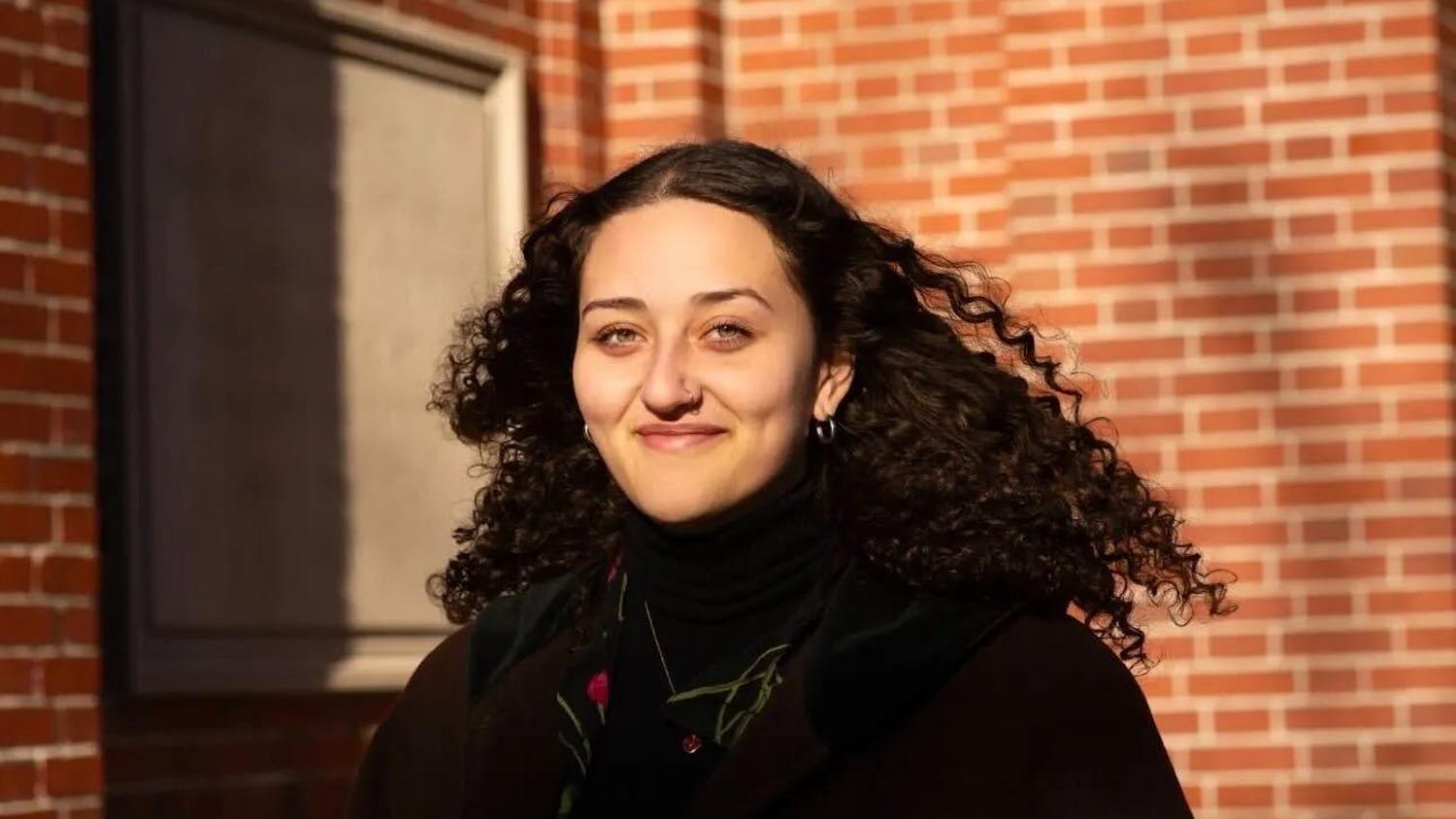The key to understanding the shock that the patient-doctor relationship receives after medical malpractice is understanding what it means to forgive, said Nancy Berlinger, deputy director and research scholar of the Hastings Center, to a small audience in Salomon 101.
The lecture, hosted by the Alpert Medical School's Ethics Night, was followed by a brief signing of Berlinger's book, "After Harm: Medical Error and the Ethics of Forgiveness."
Berlinger diagrammed two fundamentally distinct and contrasting views of forgiveness prevalent in Western culture: reconciliation and detachment. While the former mostly occurs in small arguments among family or friends, the second implies the cancellation of a debt owed and arises out of a very old Judeo-Christian tradition, Berlinger said. Because of the nature of the doctor-patient relationship, detachment is the form of forgiveness most prevalent in cases of medical malpractice, she added.
"It's important to understand the extent to which our concept of forgiveness is grounded in Western culture and Western tradition," Berlinger said, especially considering that one in five practitioners in the United States is Asian-born, she added.
Forgiveness in cases of harmful mistakes comes out of a very clear ethical process that requires both the apology and atonement of the perpetrator, Berlinger said. What is different in cases of harm resulting from medical mistakes is that the apology and the atonement often don't come from the same person, she added. While it is usually the physician who discloses the medical error to the patient who has suffered it, the hospital as an institution is responsible for the compensation of the injured party, Berlinger said.
"Harming the person you're trying to help is traumatic, no matter how experienced a physician is," Berlinger said, but trusting that the institution can make sufficient amends to an injured patient is of topical importance for physicians dealing with personal guilt, she added.
Detachment is "what will help someone to be free from the burden of the case in which you or a loved one gets hurt," Berlinger said. The process of detachment for patients is greatly facilitated when physicians and hospitals show that they take the incident of medical harm seriously, she added. This could comprise changes in hospital programs, or even training sessions for physicians and residents alike, Berlinger said.
Efforts to facilitate the process of detachment can have very profound effects on the nation's medical system, such as decreasing the amount of lawsuits, Berlinger said. Patients often file lawsuits when there is no satisfying mechanism of compensation within the hospital system, Berlinger said. But if physicians and hospitals "treat people with compassion and fairness, it greatly reduces the possibility of a lawsuit," she added.
The possibility of a lawsuit also increases when patients are compelled to forgive when they in fact still resent their physician or their hospital, Berlinger said. In order to avoid this scenario, physicians and hospital administrators must offer the conditions that will allow for the injured party to forgive, she said.
When asked by an audience member exactly what she meant by an adverse event, Berlinger replied that it must always involve patient harm. "It's not anyone's fault if nobody gets hurt," she said.
But Chief of Medicine Sharon Rounds, who attended the lecture, said she did not agree with this definition. "We see a lot of inconveniences" in hospitals that cause both inpatients and outpatients to "suffer anxiety," she added.
The event will "spearhead a larger quarterly medical ethics seminar," said Jay Baruch, assistant professor of emergency medicine. The seminar will be held by the Continuing Medical Education Office, Baruch said, and will seek to explore different angles to ethical questions such as "how do we treat pain effectively in an age of rampant misuse of narcotics," he added.
The Med School chose Berlinger as the key speaker because of the relevance of her work to the issue of medical malpractice and the repercussions it has on physicians, patients and hospitals as a whole, Baruch said. What is particularly important about her books is the insight they provide to the question of what conditions physicians must satisfy to facilitate the progress of forgiveness, he added.




